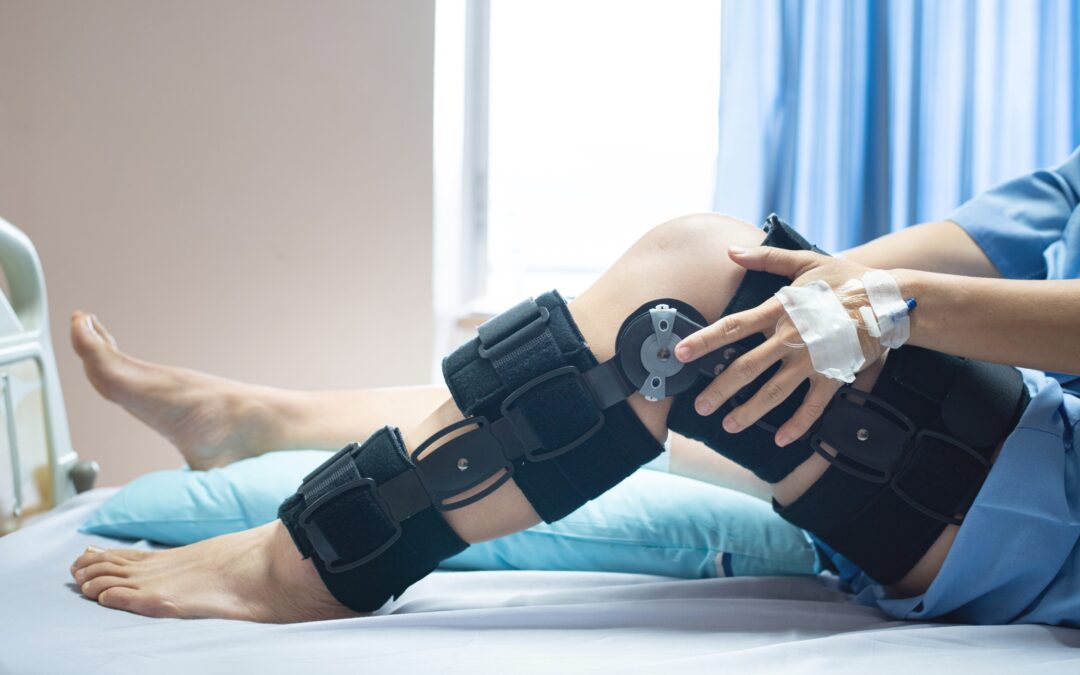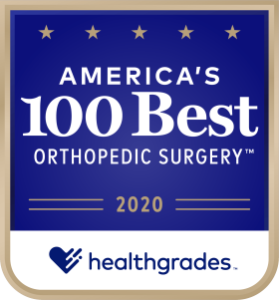Classified as a highly specialized field in the medical world, reconstructive orthopedic surgery involves the surgical reconstruction of the musculoskeletal system—bones, joints, ligaments, tendons, and other related structures.1 Reconstructive orthopedic surgeons must complete years of studying, learning, and training before they are granted the privilege to treat patients who have musculoskeletal conditions or injuries. Treatment for these patients involve various surgical procedures with the goal to restore mobility and improve quality of life.
What are the different types of reconstructive orthopedic surgeries out there? When is reconstructive orthopedic surgery recommended? Keep reading to discover the answers to these questions and more.
There are different types of reconstructive orthopedic surgeries
 There are several different types of reconstructive orthopedic surgeries that your doctor may recommend based on your specific condition or injury. The most common include2:
There are several different types of reconstructive orthopedic surgeries that your doctor may recommend based on your specific condition or injury. The most common include2:
Arthroscopy
This procedure is non-invasive and involves the repair of knee, hip, or shoulder joints via a small incision and a small fiber-optic camera.
Joint replacement surgery
Joint replacements can be partial or complete, based on your condition. This type of surgery involves the replacement of a damaged joint with a prosthetic joint. Minimally invasive techniques, such as robotic hip and knee replacement surgeries, are available.
Osteotomy
During this surgical procedure, a piece of bone is cut or removed to correct joint problems or injuries. In addition, bone may get reshaped (for example, an arthritic bone) in order to distribute weight evenly, resulting in pain reduction and prevention—or postponement—of replacement surgery.
Synovectomy
Inflamed lining of the joints can cause damage to nearby cartilage and bones. When this happens, surgery is used to remove the affected lining.
Arthrodesis
This type of surgical procedure involves the fusing—or connecting—of two bones in a diseased joint. By fusing them together, movement in the joint is eliminated, and pain is reduced. Arthrodesis is generally reserved for patients who have not had success with other treatments.
When is reconstructive orthopedic surgery recommended?
 Certain conditions may require reconstructive orthopedic surgery, including2:
Certain conditions may require reconstructive orthopedic surgery, including2:
- Failed joint replacement
- Prosthetic joint infection
- Massive bone loss
- Infections
- Failed orthopedic surgery
- Limb-sparing surgery
- Non-union of fractures
Why choose Great Lakes Orthopaedics?
Do you keep putting off your reconstructive orthopedic surgery? Are you nervous or unsure about what to expect? Do you want to learn more about the latest minimally invasive techniques? We’d love you hear from you. Choose Great Lakes Orthopaedics today!
We treat our patients like they are part of the family, providing support throughout every step of their unique treatment journey. As the area’s leading orthopedic surgery center, we offer our patients the best care possible and will continue to provide high-level service and professionalism. Our team of dedicated physicians are here to answer all your questions and address any of your concerns. We will explain your surgical procedure in detail and what you can expect before, during, and after. We’re here for you—every step of the way.
Great Lakes Orthopaedics is your number one source for patient care, a knowledgeable medical team, and successful surgical procedures. Have questions or concerns? Want to make an appointment? Contact us today at: https://greatlakeso.com/contact/
References:
- Reconstructive Orthopedic Surgery. MD.com. Accessed January 5, 2023. https://www.md.com/specialties/reconstructive-orthopedic-surgery.
- Reconstructive Surgery. Cloud Hospital. Accessed January 5, 2023. https://icloudhospital.com/specialties/reconstructive-surgery.
This blog provides general information and discussions about health and related subjects. The information and other content provided in this blog, website or in any linked materials are not intended and should not be considered, or used as a substitute for, medical advice, diagnosis or treatment.




